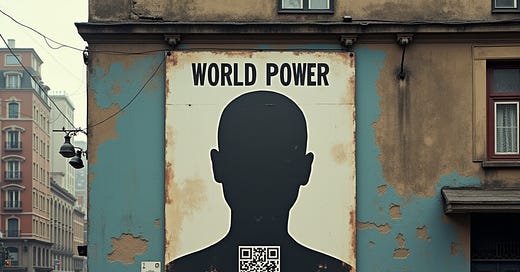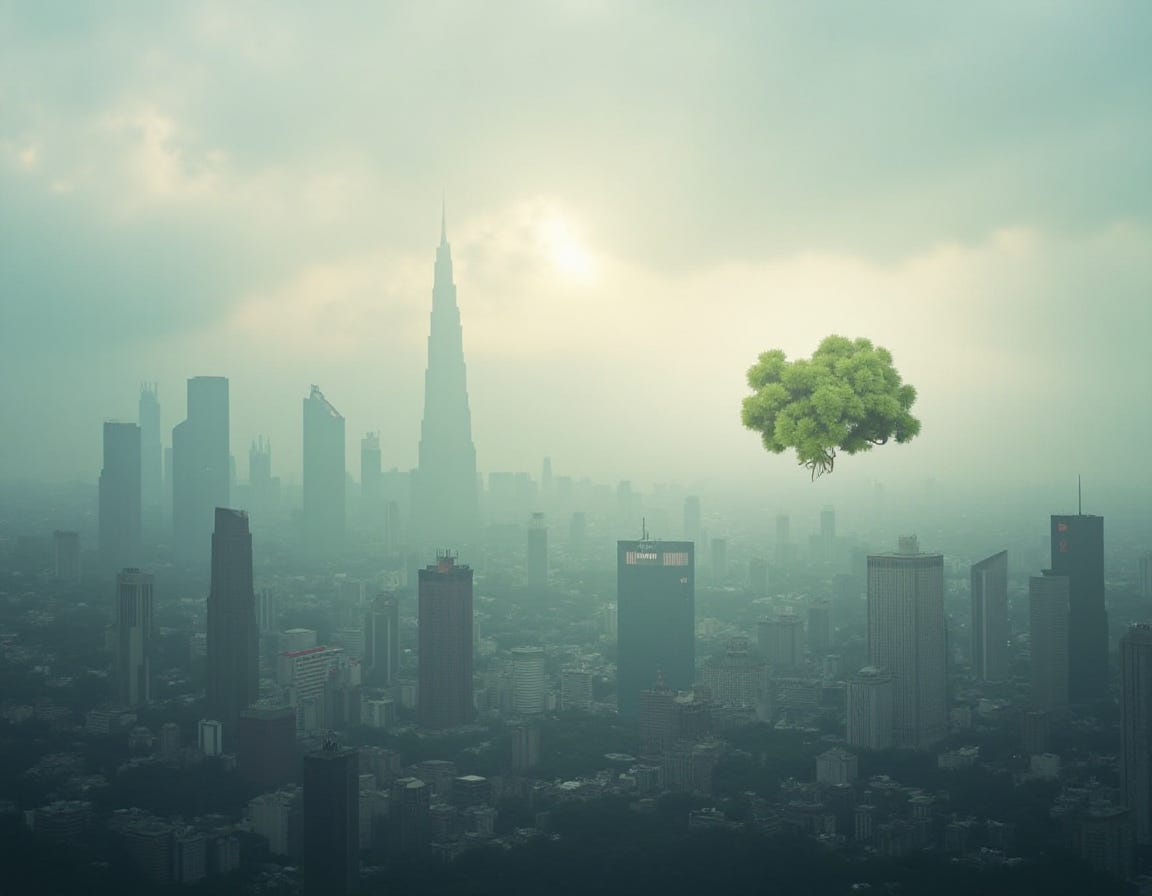After World War II, Britain was stuck between its old empire and a new world where countries worked together under the United Nations. This new system sounded great—peace, progress, and cooperation. But hidden behind these good intentions was a network of deals that slowly chipped away at the power of nations to make their own decisions.
Britain signed over 700 of these agreements. Each one had rules about things like farming, climate change, and human rights. At first, they seemed helpful and harmless. But over time, they tied Britain’s hands, making it harder for leaders to make choices without following global rules.
Think of it as a giant web of promises. Each new agreement made it harder to back out. Sovereignty—meaning a country’s ability to govern itself—became less real and more like an idea. And yet, this loss of control was called "progress."
These deals weren’t just Britain’s problem. The whole world signed on. Over 190 countries agreed to big global plans like the Paris Climate Agreement and sustainable development goals. The idea was simple: global problems need global solutions. But the reality? It’s messy.
For example, India had to cut back on coal even though millions rely on it for jobs. Brazil was told to stop cutting down trees despite its growing economy. Poorer countries had to spend huge amounts on green technology instead of more urgent needs. And Britain? It had to overhaul farming, energy, and industry, no matter how much it cost.
If countries didn’t follow the rules, they faced punishments like trade bans, sanctions, or being shamed on the world stage. No one wanted to be labeled a “climate villain,” so most nations went along, even if it hurt.
Here’s the twist: these agreements were supposed to be voluntary. But in reality, countries signed because they didn’t have a choice. Saying no meant being left behind in a world that was moving on without them.
The system wasn’t perfect. Each agreement solved one problem but often created new ones. UK farmers protested, coal miners in India marched, and Brazil’s indigenous groups fought to protect their land. What started as a plan to fix global issues began to feel more like a system of control.
So, nations went along with it, trapped in a web that was too big and too complicated to escape. Britain’s efforts to go green weren’t just about one country—they showed how the whole world was struggling to govern itself. These treaties promised a better future but often brought chaos instead.
In the end, Britain—and every other nation caught in this system—was left wondering: Are these global rules really saving the planet? Or are they just trapping us in endless promises and punishments, chasing a perfect world that may never exist?













Share this post